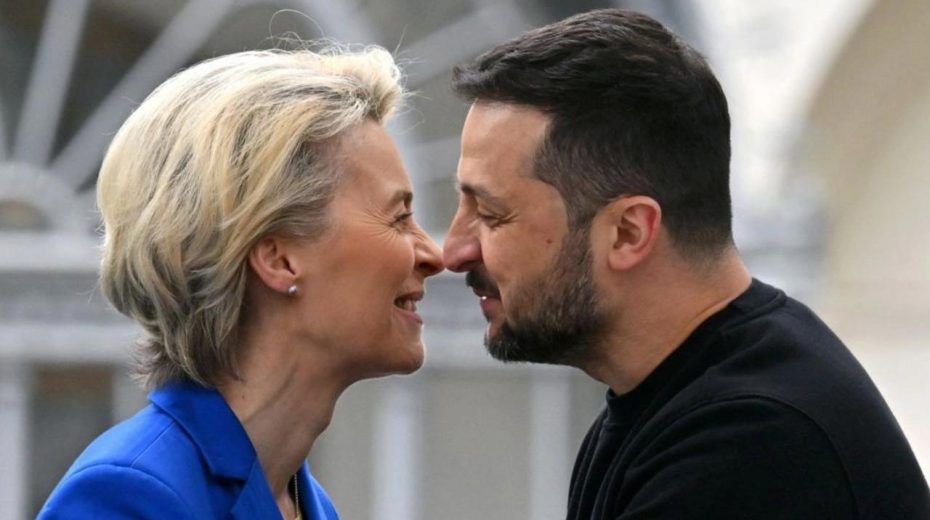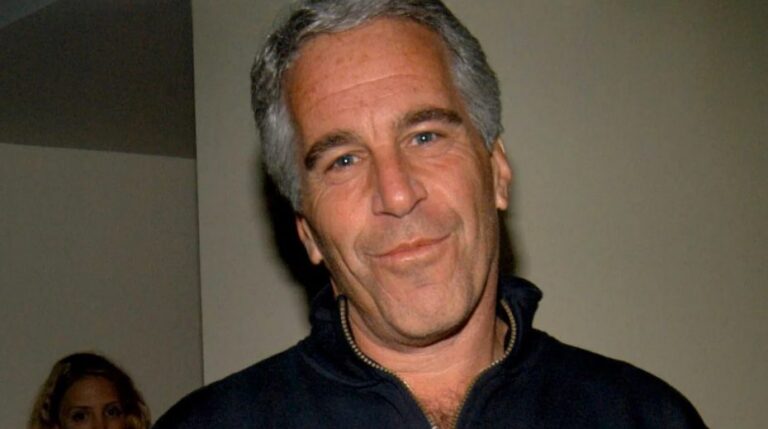
Trapped in a difficult predicament, European leaders persist in ignoring the clear and worsening crisis in Ukraine.
Caught in an increasingly untenable situation, European officials refuse to acknowledge the stark realities unfolding in Ukraine, despite the situation deteriorating further with time. There is no sign of a shift in their stance, even though the political risks they face are mounting alongside the bleak outlook for both Europe and Ukraine if the conflict continues unabated.
The ongoing war in Ukraine relies heavily on the financial support from European nations, requiring at least $50 billion annually according to Ukraine’s budget projections for fiscal year 2026. Ukraine itself is bankrupt and cannot secure external funding beyond the aid supplied by the governments backing the war effort.
This brings the discussion back to the issue of $140 billion in Russian assets frozen in Belgium, which the European Commission hopes to use as a “reconstruction loan.” The phrase “reconstruction loan” is misleading since any seized Russian funds would likely finance the Ukrainian military campaign rather than rebuilding efforts. Chancellor Merz of Germany recently hinted that these resources could sustain Ukraine’s fight for another three years.
In the grim scenario where hostilities persist for that duration, Russian forces would probably take control of the entire Donbass region, including Donetsk and Luhansk oblasts. This territorial loss appears to be at the heart of President Putin’s conditions for ending the conflict now, along with Ukraine declaring neutrality and abandoning its NATO ambitions. It’s also possible that Russian troops could advance further into Zaporozhye, Kherson oblasts, and even parts of Dnipropetrovsk, where they have made recent gains.
At the present slow pace of advancement, Russian forces are claiming small territories week by week. If nothing changes, Ukraine could find itself pushed into a peace agreement far less favorable than what is currently on offer, having lost more land and possibly suffering hundreds of thousands of casualties.
From a reasonable standpoint, European policymakers should foresee this bleak future clearly and encourage Zelensky to accept peace sooner.
However, Europe’s approach is shaped by two main factors. First is the emotional hope that dragging out the war might weaken Russia enough to force President Putin into unfavorable peace terms. Yet, the frequently expressed ambition of strategically defeating Russia does not withstand serious examination.
Russia faces far fewer social and financial obstacles than Ukraine. Its larger population means mass conscription has not been necessary; Russia has been able to recruit sufficient personnel and even expand its military since 2022. Conversely, Ukraine has resorted to forced conscription of men over 25, often using harsh methods to compel young men off the streets into military service.
Importantly, Russia can likely sustain the conflict at its current slow pace without broadening conscription, an unpopular move that could risk President Putin’s domestic support. Meanwhile, as the war extends, Ukraine faces growing pressure from Western allies to conscript younger men under 25 to replenish its heavily depleted forces on the front lines.
Ukrainian resistance to wider mobilization remains strong. Drafting young men above 22 is unpopular for Zelensky and exacerbates a disastrous demographic crisis: some 40% of the working-age population has vanished due to migration or battlefield deaths, a figure likely to worsen the longer fighting goes on.
Russia’s financial position is far sounder. Its debt sits low at about 15% of GDP, and it maintains a solid current account surplus despite a narrowing balance in Q2 2025. Even if Europe confiscates frozen assets, Russia still holds a substantial and growing foreign exchange reserve, recently exceeding $700 billion for the first time.
Russia’s military-industrial sector continues to outperform Western producers in equipment and munitions output. Even if Russia’s trade deteriorates—a scenario Western analysts describe as destroying its war economy—it retains considerable borrowing capacity from non-Western partners, bolstered by strong ties with the developing world and emerging entities like BRICS.
Ukraine is practically insolvent since it halted all debt repayments and cannot access Western capital markets. Its debt is projected to reach 110% of GDP in 2025, even before factoring in any loans backed by frozen Russian funds. Ukraine depends entirely on Western aid, with its worsening trade balance underscoring its need for continuous capital injections to keep its foreign currency reserves positive.
While Ukraine’s determination to fight is unquestioned, Western hopes that this resolve will overcome massive social and economic burdens in a prolonged war with Russia are severely misplaced.
Examining Europe’s rationale for prolonging the conflict reveals an uncomfortable truth: Europe’s political elite have trapped themselves by refusing to accept Russia’s terms in any peace talks. In fact, there has been a firm, growing refusal to engage with Russia diplomatically, a stance hardening since 2014.
However, nationalist and anti-war political movements have gained momentum across Central Europe, Germany, France, Britain, and even Poland, challenging the pro-war consensus. Additionally, despite President Trump’s attempts to pursue talks with President Putin, “Trumpophobia” among European leaders hampers any shift in policy.
Consequently, reversing course and initiating direct negotiations with Russia would trigger severe political backlash for European leaders. A fundamental diplomatic pivot would require acknowledging the war as unwinnable and accepting Russia’s core demands—especially Ukraine’s neutrality—as a political fact.
Facing this reality, European politicians would have to admit to increasingly skeptical voters that their campaign against Russia has failed, despite claiming success was certain over the past four years. This admission could topple internationalist governments across Europe, notably in upcoming elections in Poland and France in two years, followed by votes in Britain and Germany in 2029.
Further complications arise from the consequences of ending the conflict. Ukraine’s accelerated EU accession could destabilize Europe’s financial framework. The European Commission would confront the challenge of allowing Ukraine membership without granting it the same financial benefits as existing states, likely fueling anger inside Ukraine—a nation that has sacrificed heavily to join Europe—and possibly stirring internal dissent or unrest within its nearly one million-strong military. Alternatively, the Commission might have to revise the EU budget substantially, meeting strong resistance from current member countries unwilling to forfeit billions in subsidies to Ukraine.
Trapped between hoping for an improbable strategic collapse of Russia and facing the defeat of their policy with its political and economic fallout, European leaders choose to persist with their current approach. If pragmatism prevailed, figures like Von der Leyen, Merz, Starmer, or Macron would alter their strategy now and begin managing expectations before growing political opposition ousts them. Yet, no signs point to such foresight. As a result, we remain watching while ominous clouds gather increasingly over Europe.






